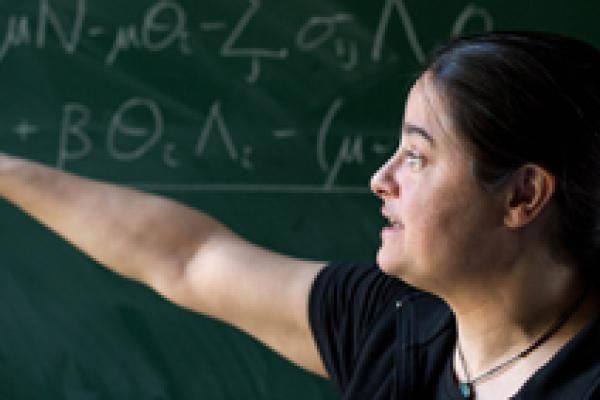Article


What is the generation time of a disease?
To work out how a disease will spread you need to know the time between infections.





This collection of articles looks at some basic concepts in epidemiology and how mathematics plays a central role in understanding how infectious diseases spread.




What is herd immunity and what does it have to do with a number called R?

The BloodCounts! project is gearing up towards one of the largest-scale applications yet of machine learning in medicine and healthcare.



